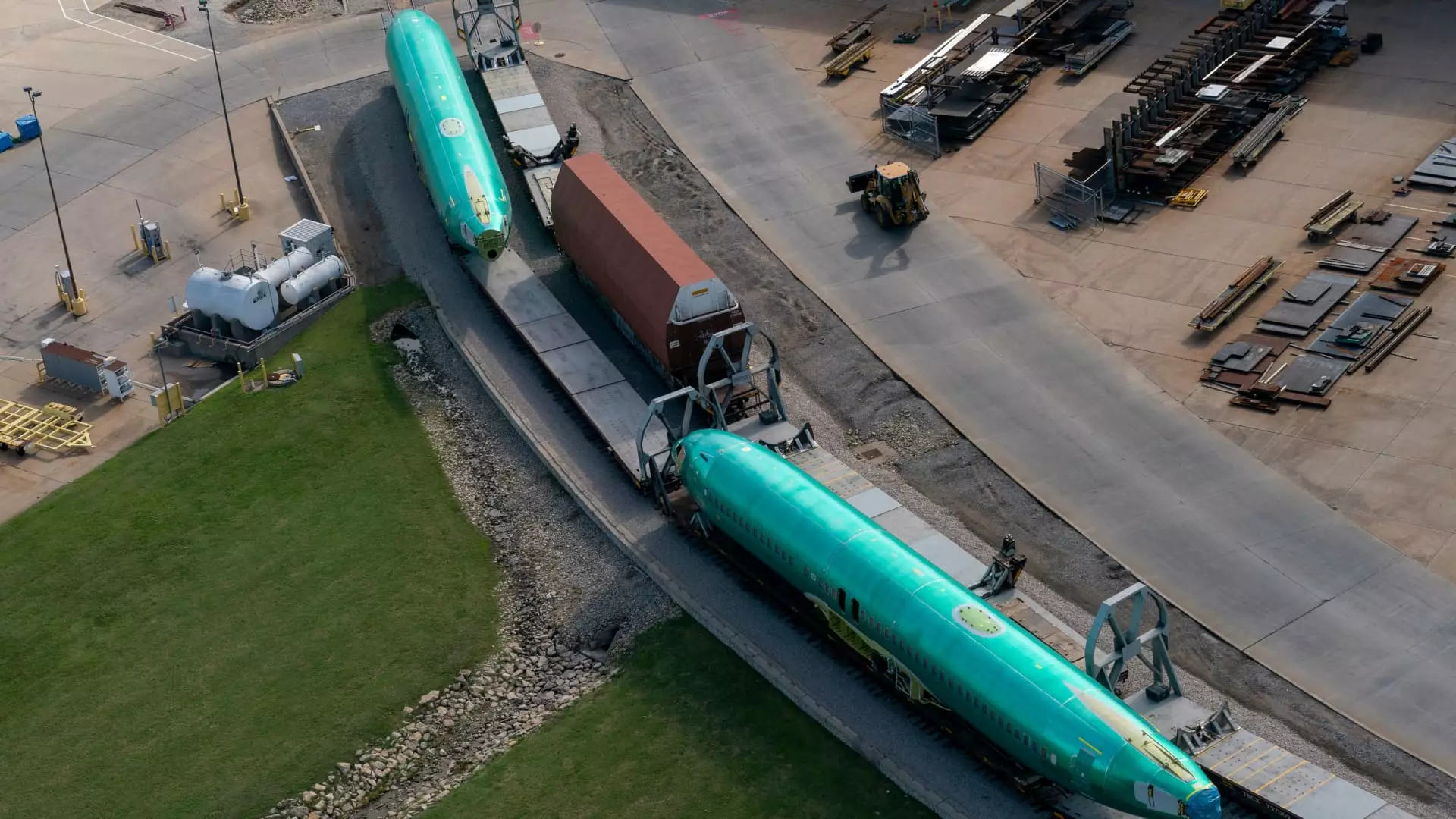Spirit AeroSystems is facing significant challenges as the strike by Boeing machinists continues to hinder operations. Initially starting on September 13, the strike has now extended into its sixth week, causing panic across the aerospace supply chain. The machinists overwhelmingly voted 64% against a proposed new labor contract, signaling their determination to push for better working conditions. This has led to severe disruptions in Boeing’s production capabilities, particularly for its best-selling aircraft like the 737 Max, which relies heavily on parts manufactured by Spirit.
Potential Consequences for Employment
In response to the ongoing situation, Spirit AeroSystems has begun making difficult decisions regarding its workforce. The company has announced plans for temporary furloughs affecting approximately 700 employees at its Wichita, Kansas, plants. These furloughs could begin next week and will last for 21 days, highlighting the urgency of the situation. Moreover, Spirit is contemplating further layoffs if the strike persists beyond November 25, which could substantially increase the number of affected employees. The continued uncertainty surrounding production schedules is particularly worrisome given the fragile state of the aerospace supply chain, complicating matters for numerous suppliers who are already struggling.
The ripple effects of the Boeing strike extend beyond Spirit AeroSystems, impacting the broader aerospace supply chain. Suppliers like Spirit have demonstrated reticence in reducing their workforces, primarily due to prior difficulties in rebuilding their staff after the devastating effects of the COVID-19 pandemic. This reflects a broader trend in the industry: companies are wary of exacerbating employment challenges when they have only recently managed to stabilize. Additionally, Boeing is not the only major player feeling the pressure; Airbus is grappling with its own supply chain issues, further complicating the landscape for both manufacturers and suppliers alike.
Adding an additional layer of complexity to this situation is Boeing’s ongoing efforts to acquire Spirit AeroSystems, a deal that is expected to finalize next year. This impending acquisition has heightened tensions as both companies navigate this precarious environment. Spirit reported a striking third-quarter net loss of $477 million, more than double what it experienced a year earlier. The pressures of the ongoing strike and dwindling financial reserves underscore the urgency of reaching a resolution.
Boeing’s newly appointed CEO Kelly Ortberg has expressed the urgency of resolving the strike and returning to the negotiating table with machinists. The desire to end the work stoppage is evident, yet the union remains resolute in its demands. Moving forward, both Boeing and Spirit must confront these pressing issues with a focus on collaboration to restore stability in the aerospace industry. The aerospace sector’s recovery depends not only on the resolution of labor disputes but also on the resilience of supply chain networks that have been tested in recent years. Without a prompt resolution, the risks to employment and production capabilities will only intensify.

